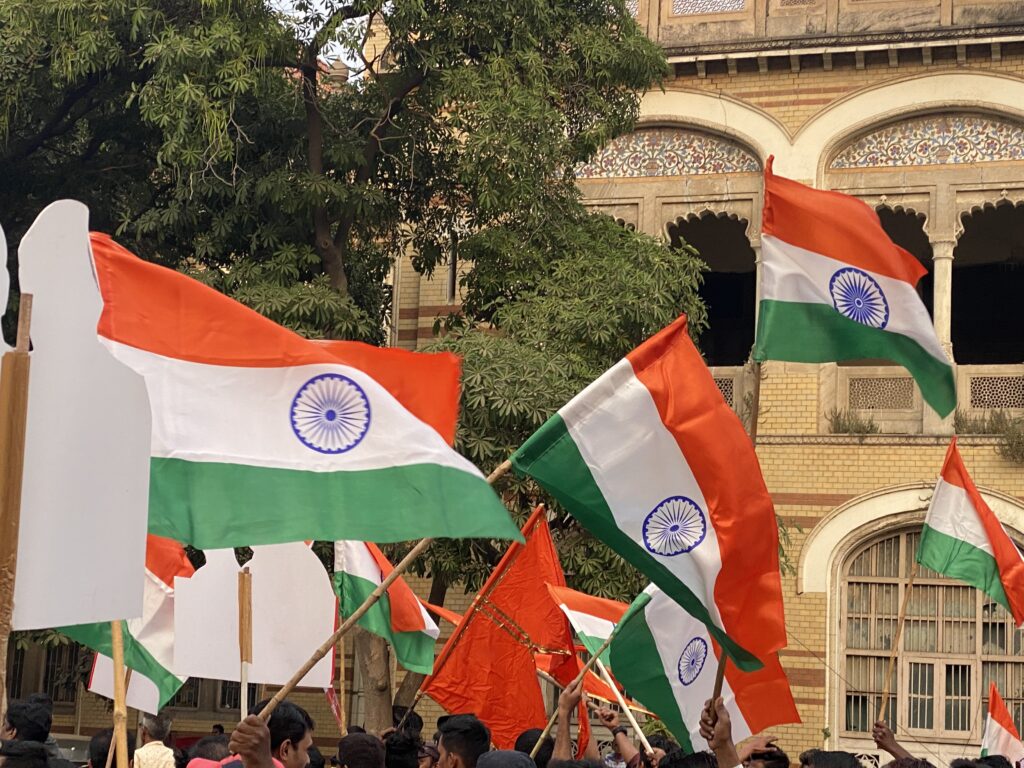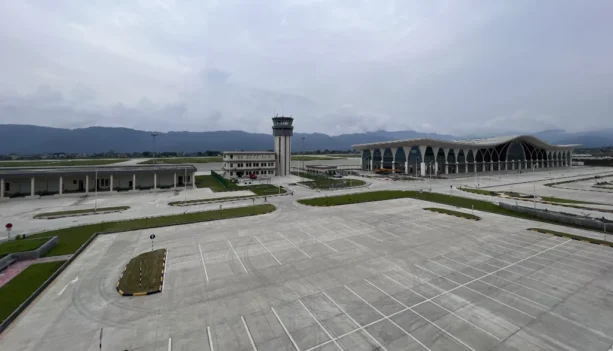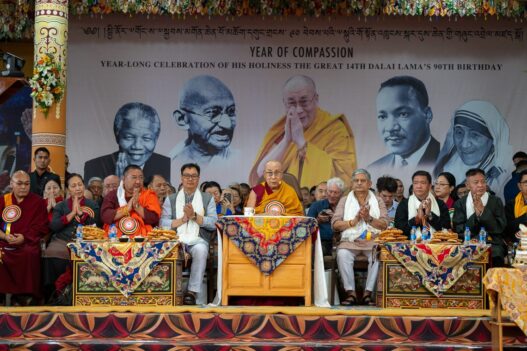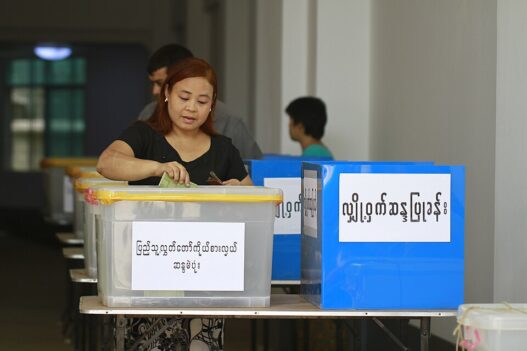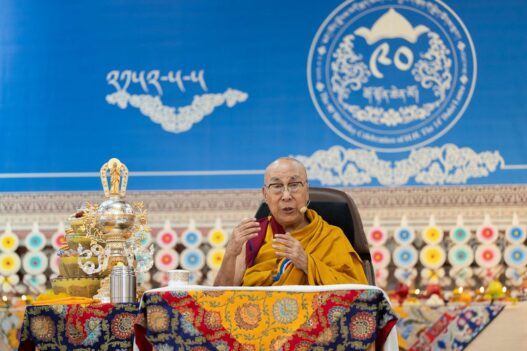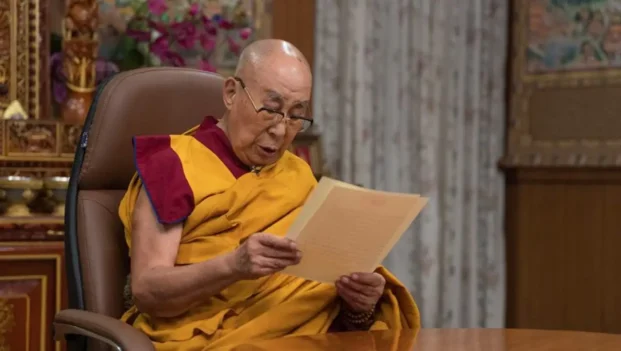The Citizenship Amendment Act (CAA) was passed by Parliament in 2019, but the Indian government has moved forward with its implementation despite strong opposition claims that it is illegal and discriminatory. Four years later, the government released its regulations. The rule has sparked new protests and controversy around the country and is intended to expedite citizenship for undocumented non-Muslim migrants from Pakistan, Bangladesh, and Afghanistan who arrive before December 31, 2014. The BJP-led administration claims that the CAA fulfills its electoral commitment made prior to assuming power in 2014.
The CAA is criticised for being anti-Muslim because it only grants citizenship to people who identify as Hindu, Parsi, Sikh, Buddhist, Jain, or Christian, leaving Muslims out. It has also caused controversy because it limits access to non-Muslim refugees to those who arrived in India before to 2014 and excludes non-Muslim migrants from non-Muslim nations.
On Tuesday, the Union Home Ministry launched a dedicated website for illegal non-Muslim migrants from Pakistan, Bangladesh, and Afghanistan to apply for Indian citizenship, coinciding with the notification of the CAA regulations.
Previously overseen by district-level authorities under state government purview, citizenship applications will now be scrutinized by an Empowered Committee featuring representation from various governmental bodies, including the Foreigners Regional Registration Officer and the Subsidiary Intelligence Bureau.
Additionally, applicants must demonstrate proficiency in a language specified in the Eighth Schedule of the Constitution.
The adoption of a variety of documents as evidence of citizenship, such as birth certificates, diplomas from educational institutions, and land records from Pakistan, Bangladesh, or Afghanistan, is a significant change from prior regulations. Successful applicants will also get a digital certificate signed by the chairperson of the Empowered Committee.
A list of twenty documents, including a valid visa, a residential permit issued by the Federal Register of Occupational Pensions (FRRO), a slip issued by Census enumerators in India, a driver’s license, an Aadhaar, a ration card, any letter issued by the government or court, an Indian birth certificate, land or tenancy records, a registered rent agreement, and PAN, has been prepared to prove that the applicant seeking citizenship under Section 6B of CAA, 2019 entered India before December 31, 2014.
According to the guideline, “documents will be admissible even beyond their validity period and should have been issued by an Indian authority.”
Opposition states reject implementation despite government assurances
Opposition-led states like West Bengal and Kerala have stated they will not be implementing the CAA, even though the ruling BJP government has assured them that it satisfies a long-standing political pledge. Even though opposition parties, particularly in West Bengal and Assam, accuse the government of purposefully passing the CAA ahead of the Lok Sabha elections, the law’s implementation has nevertheless generated intense political controversy and aroused concerns about the timing and motivations behind its enactment.
On Tuesday, Mamata Banerjee, the Chief Minister of West Bengal and President of the Trinamool Congress (TMC), launched a scathing attack on the BJP-led Centre, labeling the recently notified rules for the Citizenship Amendment Act (CAA) as “unconstitutional and discriminatory.” Addressing an official event in Habra, North 24 Parganas district, Banerjee urged the public to exercise caution before applying for citizenship under the law. She expressed concerns over the lack of clarity in the rules regarding the status of existing citizens upon submitting new applications. Banerjee voiced apprehension that existing citizens could potentially be erroneously categorized as illegal immigrants and then subjected to the discretion of committees for the reacquisition of citizenship.
The CAA regulations have sparked fresh protests in Assam, and the state police have urged the public to use constitutionally-mandated peaceful channels to settle the dispute instead of using physical force. The Assam Legislative Assembly’s Leader of Opposition, Debabrata Saikia, filed an Interlocutory Application (IA) with the Supreme Court contesting the CAA’s regulations.
Assam Chief Minister Himanta Biswa Sarma, asserted that Assam, from where the “least number of applications” for Indian citizenship will originate, is an entirely irrelevant place for the CAA. According to Sarma, the act makes it very clear that the deadline for applying for citizenship is December 31, 2014, and those individuals who registered for citizenship in Assam but were unable to discover their names on the National Register of Citizenship will now only be eligible to apply for CAA. The NRC is in possession of the application details, and with the advancement of technology, all information will be accessible online and cannot be concealed. Parliament will hear the data presentation, he stated.
The North East Students’ Organization has also organised protests in Meghalaya and Tripura, two more northeastern states. Shortly after the Center sent out the regulations to put the contentious Act into effect, the NESO made its conclusion. “We object to CAA. We shall burn copies of the CAA rules as a symbol of our opposition to it, NESO chairman Samuel Jyrwa said. According to Jyrwa, the Indian government was supposed to take some action while respecting the views of the people of the Northeast and taking into account their issues, but instead it created the CAA regulations.
Read also: CAA implementation ignites renewed controversy amidst protests
According to the CAA regulations, to become an Indian citizen, a number of conditions have to be fulfilled, as outlined in the FAQs provided.
Steps for applying for Indian citizenship under the CAA:
- To apply for Indian citizenship, visit the website indiancitizenshiponline.nic.in. Application status can be tracked on the website, and final outcomes will be communicated via email and SMS.
- Submit a hard copy of the application to the district collector or district magistrate’s office where you reside. If outside India, submit to the Consular General of India.
- Once the district collector receives your application, it’s forwarded to the state government within 60 days, then to the central government within 30 days of receiving the collector’s report.
- Additional documents can be uploaded on indiancitizenshiponline.nic.in and must be submitted as a hard copy to the district collector’s office.
- Nepali-origin individuals can apply online without a passport using a Nepali citizenship certificate, Nepalese voter ID, or a limited validity photo identity certificate from the Nepalese Mission in India.
- Eligibility requires at least 12 months of residency preceding the application. Exceptions may apply with approval from the Centre.
- Mere residence in India for over 20 years does not automatically grant citizenship.
- Applicants must possess a valid foreign passport as per the Citizenship Act, 1955. Illegal migrants cannot apply.
- Hindu or Sikh applicants from Pakistan or Afghanistan can submit an affidavit instead of a renunciation certificate. Others must obtain a renunciation certificate from their country’s embassy.

